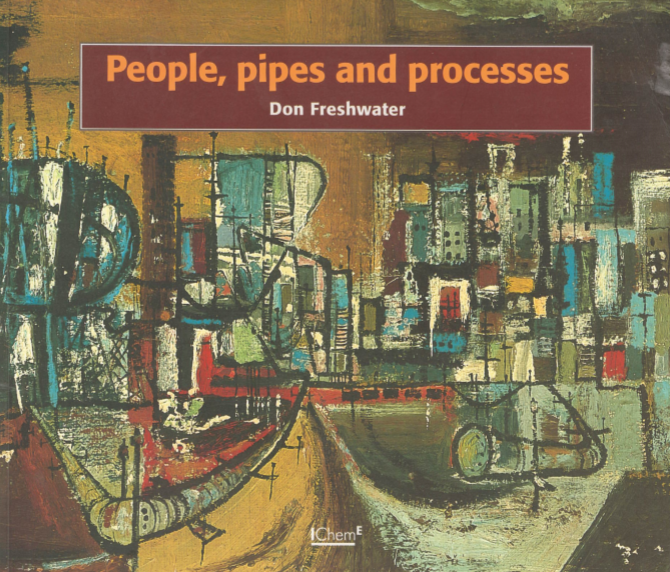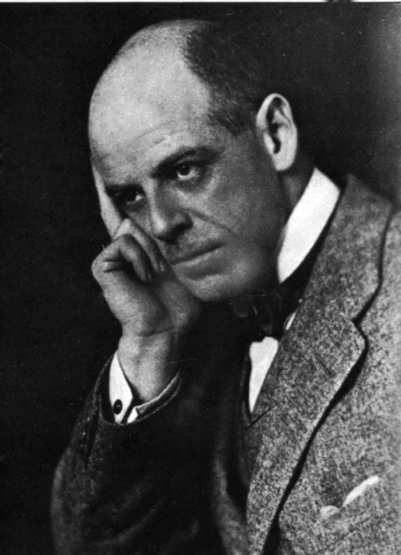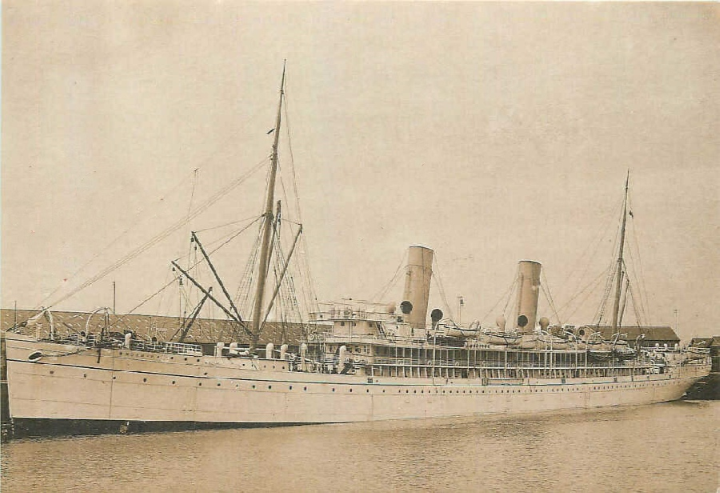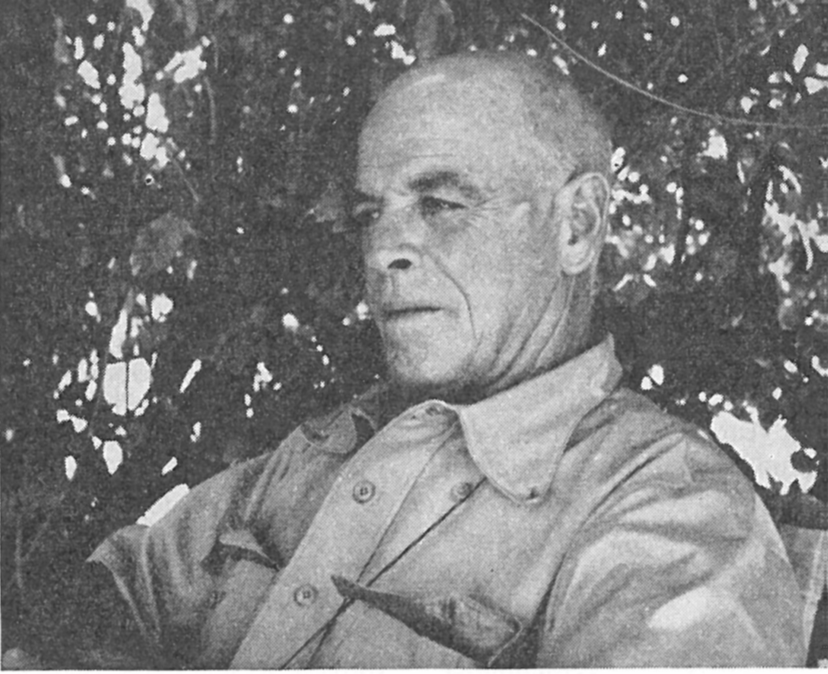
Kenneth Bingham Quinan
 KBQ was born in New Jersey in 1878. KBQ had a normal schooling but no higher education. He spent some time aboard a sailing ship and then joined his uncle in 1890 at an industrial explosives factory in Pinole, California. He spent 10 years there learning on the job with his uncle.
KBQ was born in New Jersey in 1878. KBQ had a normal schooling but no higher education. He spent some time aboard a sailing ship and then joined his uncle in 1890 at an industrial explosives factory in Pinole, California. He spent 10 years there learning on the job with his uncle.
From 1909 to December 1914 KBQ was general manager of Cape Explosives works. This factory had 1000 native employees and 350 Europeans.
On December 19th 1914 a cable sent from the high commission for South Africa in London stating that K B Quinan was urgently required in Britain. It is said that the steamship that KBQ boarded to get to Britain delayed its departure for an hour to enable that the man of the moment could board (this was a very unusual occurrence and suggests how important KBQ was to the British).
 Quinan was put in charge of the Factories Branch of the Ministry of Munitions (about 20 factories in total). He worked seven days a week throughout the War and was mainly based in London in his offices at Storey’s Gate.
Quinan was put in charge of the Factories Branch of the Ministry of Munitions (about 20 factories in total). He worked seven days a week throughout the War and was mainly based in London in his offices at Storey’s Gate.
Quinan’s approach was meticulous. He created over 300 technical manuals and he demanded his staff create similar exemplars. These were then circulated throughout the factories so everyone could learn from each other and understand what processes were effective.
At the end of the war Quinan was 40 years old. He was offered a knighthood which he turned down (as an American, he didn’t think it was appropriate). He also received official thanks from the House of Commons and a gift of £10,000. And in 1919 he returned to South Africa.
 On the 31st of December he married Jean Pargiter and they had two sons. He then retired on his fruit farm in Somerset West where he built a laboratory and dedicated himself to grape production. Then in 1942 he was invited by the British Government to be Senior Representative in South Africa for Chemical Defence Matters, he worked tirelessly in munitions manufacture again. Unfortunately then on January 26th at 11am 1948 he collapsed and died at his desk in his office.
On the 31st of December he married Jean Pargiter and they had two sons. He then retired on his fruit farm in Somerset West where he built a laboratory and dedicated himself to grape production. Then in 1942 he was invited by the British Government to be Senior Representative in South Africa for Chemical Defence Matters, he worked tirelessly in munitions manufacture again. Unfortunately then on January 26th at 11am 1948 he collapsed and died at his desk in his office.

